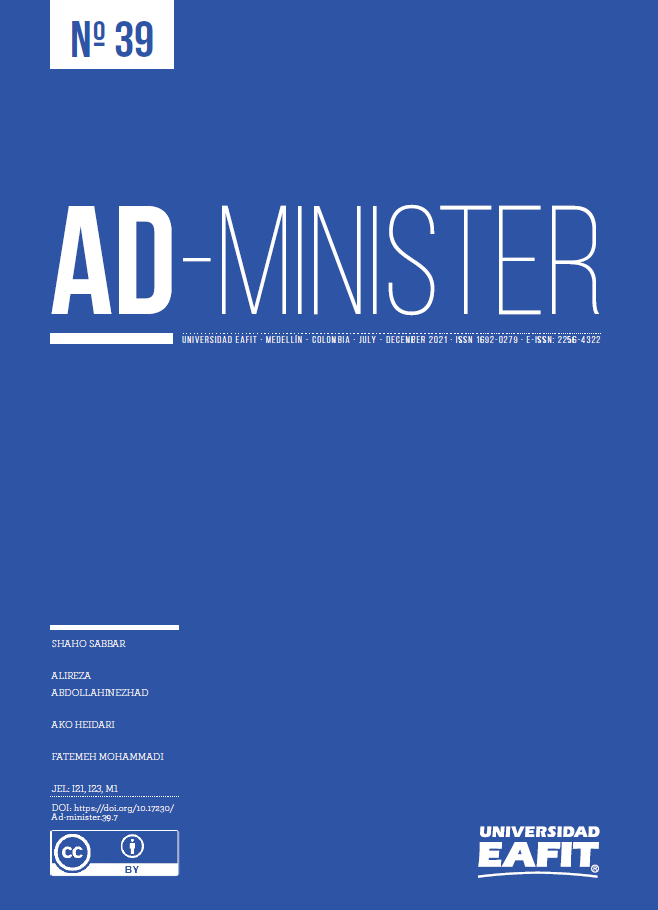Knowledge Management in the Age of Unreliable Messages. Do University Students Trust Online Messages? (A Survey from the Middle East)
Main Article Content
Keywords
Social network, Message, Critical thinking, Media literacy, Trust, Flow of information
Abstract
We are exposed to a constant stream of messages many of which originate from unreliable or untrustworthy sources. Moreover, it is not possible to control the messages before they are published and allow the dissemination of the verified ones only. Growing a critical mind can be a practical way to prevent the accumulation of incorrect or inaccurate information in our brains. The current study tried to see whether or not university students hold a critical view of social media messages. First, in a qualitative study, hundreds of messages shared on social media were observed, 12 of which were chosen based on the popularity of their central themes. Many of the messages contained an extraordinary claim such as the existence of mermaids, human-like complex emotions in animals, etc. Then, in a survey, the chosen messages were shown to 379 university students. The respondents were asked to express their opinions about the messages. For each of the 12 messages, between 36 to 94 percent of the respondents just assumed the messages to be true. The analysis of the responses revealed weak critical thinking among the students.


